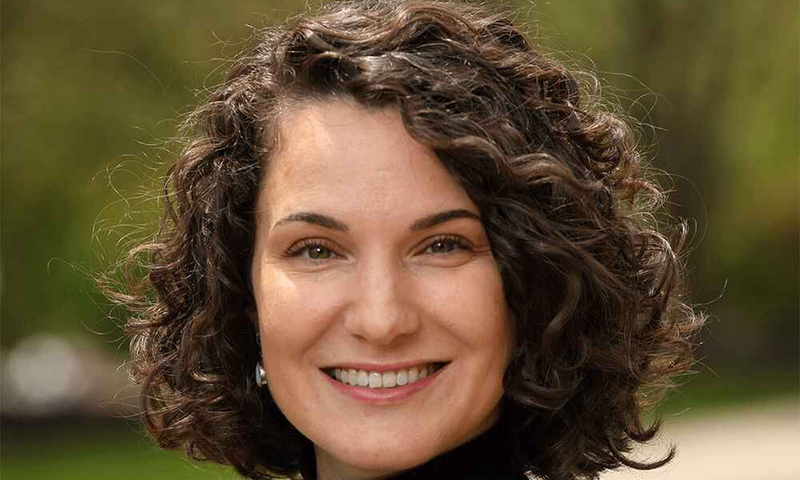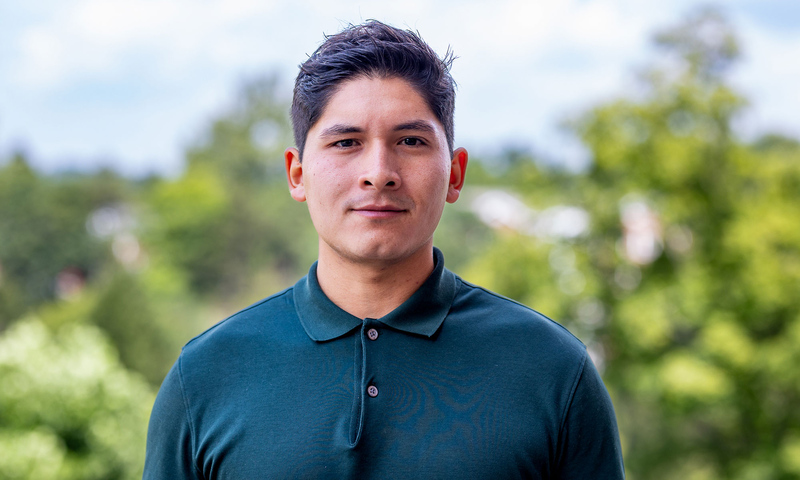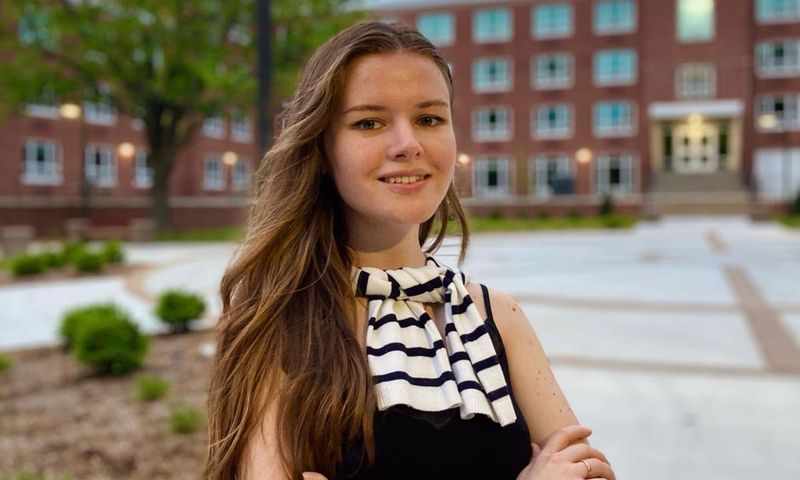| Location: | |
| Ticket Info: |
Attend the seminar in-person or via zoom
|
| Questions: |
Assistant Professor
|
| Sponsor(s): |
The Global Studies Seminar presents “On stability: Experimental results from decentralized one- and two-sided matching markets” by Robert Ferenc from Waseda University, Japan.
Based on Ferenc’s earlier and current research, he is going to discuss the empirical relevance of stability as a solution concept for decentralized interaction on matching markets. The data collected through several sessions in the experimental laboratory suggest that the process of partner search even in a largely unrestricted setting moves towards eliminating blocking pairs. For that reason, stability can perform well as a predictor for market outcome. Evidence from two-sided settings shows that stability is not affected by low information levels, but it is hindered by the presence of search costs and commitment. In one-sided settings, stability loses part of its power as a theoretical solution. Its generalization, known as absorbing set, however performs well in the experimental laboratory.
Ferenc first studied economics at the Budapesti K?zgazdaságtudományi Egyetem (today: Corvinus University of Budapest) where he majored in actuarial sciences. Ferenc earned a master’s degree in 2001 and a PhD in economic analysis in 2004 at the Universitat Autònoma de Barcelona. He worked as an assistant professor at a number of universities in Spain (Universidad de Navarra, Universidad del País Vasco, Universidad Carlos III de Madrid) and briefly at Osaka University before joining the Faculty of Political Science and Economics at Waseda University in 2010.
Ferenc has been contributing to Waseda’s English-based degree program since its creation and has served as its director between 2016 and 2018. He became a full-time tenured faculty member in 2014 and was promoted to professor in 2019.
Ferenc has been pursuing research on individual and interactive decision-making using the experimental method ever since he graduated school. In spite of that, Ferenc still believes in economic theory. His current projects are related to decentralized interaction. Ferenc is curious about human rationality both as an idealistic assumption and as empirical evidence behind economic outcomes.




